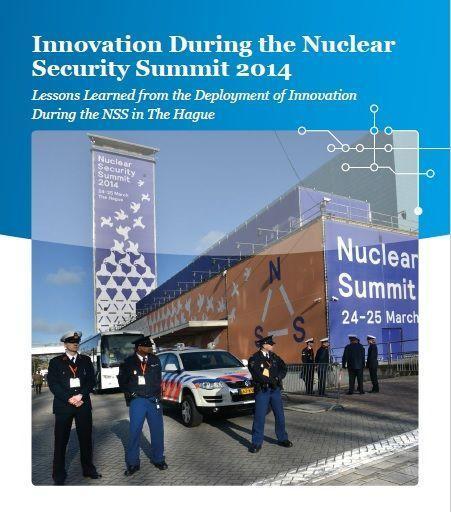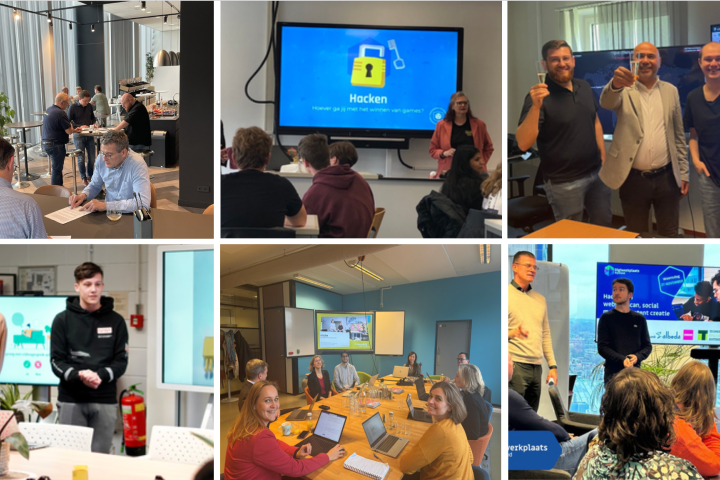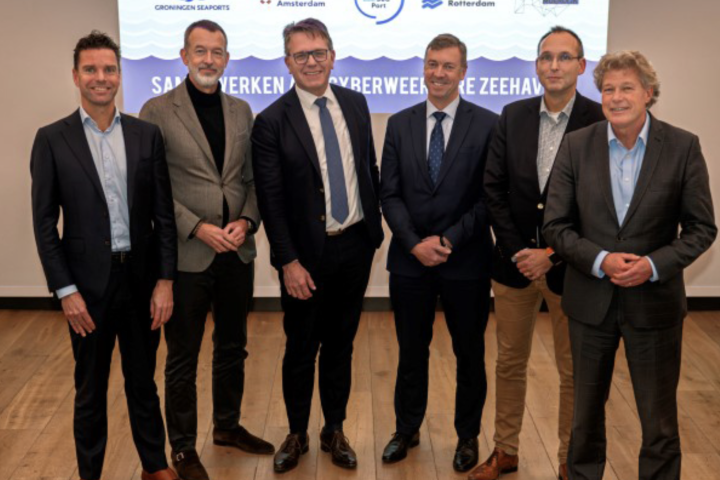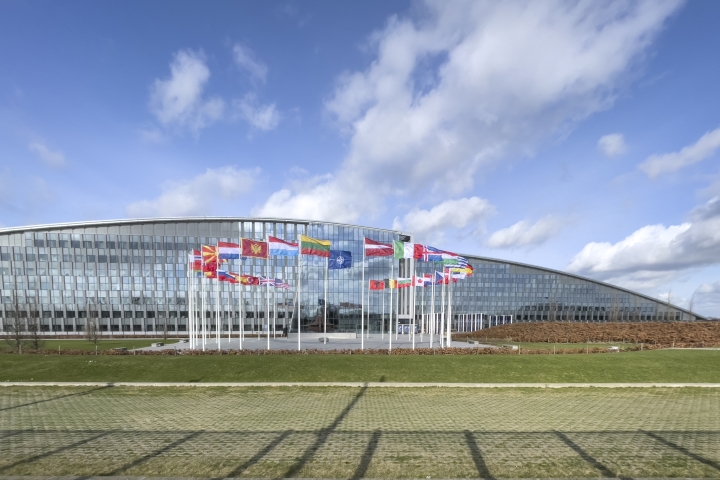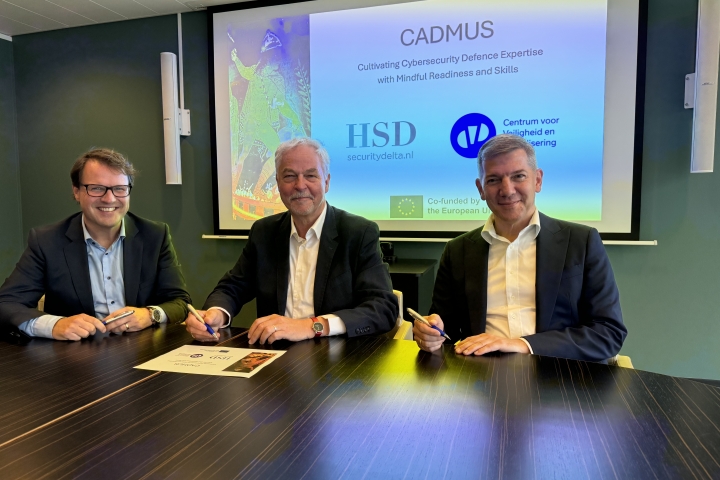New HSD Report: Lessons Learned from the Deployment of Innovation During the NSS in The Hague
The Municipality of The Hague commissioned HSD to examine, by means of a small-scale and positive study, the most important lessons learned with respect to the deployment of security innovations during the Nuclear Security Summit (NSS), which took place in The Hague on 24 and 25 March 2014. The NSS has been described by many as the country’s ‘largest security operation ever’. Although safety was given top priority, innovation was explicitly and emphatically included on the security agenda of the NSS. In addition, a number of innovative security solutions were deployed during the summit.
Security and innovation are inextricably linked with each other, but their relationship is a complex one. Without innovation it is not possible to anticipate future threats and a more efficient and effective response to existing threats. At the same time, innovation is associated with risks. Whilst existing methods and practices have stood the test of time, new methods and technologies have yet to prove their worth. And it is precisely in situations where safety is at stake, that risks must be minimised and controlled. However, it is essential that innovations continue to be tested and deployed in order to protect safety, not only now but also in the future. It is important therefore to create circumstances in which innovative security solutions are realised in the best possible way.
First and foremost, this report provides an insight into a number of important conditions for the successful deployment of innovations during the NSS, from which a number of general lessons regarding the policy-related and operational deployment of security innovations can be learned. The underlying thought is that these lessons are important to the security of future large-scale events and to the promotion of innovation in security.




